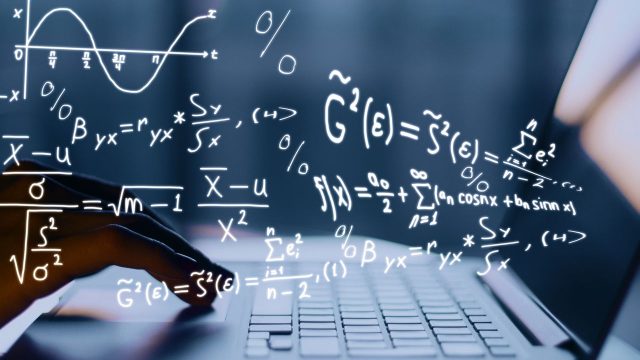
Complex math hasn’t always been AI’s strongest suit, but the technology showcased its progress at one of the world’s premiere competitions, said Cade Metz in The New York Times. A Google Deep-Mind system became the first machine to achieve “gold medal” status at the annual International Mathematical Olympiad (IMO) last month. OpenAI said that its AI “achieved a similar score on this year’s questions, though it did not officially enter the competition.” The results had experts buzzing. Last year, Google’s AI took home a silver medal, but it required several days to complete the test and “could only answer questions after human experts translated them into computer programming language.” This time, Google’s chatbot, Gemini Deep Think, “read and responded to questions in English” and used techniques that scientists are calling “reasoning” to solve the problems. Google says it took the chatbot the same amount of time to finish the test as the human participants: 4.5 hours.
“They still got beat by the world’s brightest teenagers,” said Ben Cohen in The Wall Street Journal. Twenty-six human highschool students outscored the computers, which managed to answer five of the six increasingly difficult problems correctly. The one that tripped up the AI was a brainteaser in the “notoriously tricky field of combinatorics” dealing with counting and arranging objects. The solution required “ingenuity, creativity, and intuition,” qualities only humans (so far) can muster. “I would actually be a bit scared if the AI models could do stuff on Problem 6,” said one of the gold medalists, Qiao Zhang, a 17-year-old on his way to MIT. AI models struggle with math more than you might think, said Andrew Paul in Popular Science. The reason has to do with how they process prompts. AI models “break the words and letters down into ‘tokens,’ then parse and predict an appropriate response,” whereas humans can simply process them as complete thoughts.
That’s why Google trained this Gemini version differently, said Ryan Whitwam in Ars Technica. The IMO’s scoring is “based on showing your work,” so to succeed the AI had to consider and analyze “every step on the way to an answer.” Google gave Gemini a set of solutions to math problems, then added more general tips on how to approach them. The company’s scientists were especially proud of one Gemini solution that used relatively simple math, working from basic principles, while most human competitors relied on “graduate-level” concepts. This may be just a 45-way tie for 27th place in a youth math contest, but it’s rightly being hailed as significant, said Krystal Hu in Reuters. It “directly challenges the long-held skepticism that AI models are just clever mimics.” Math problems that require multistep proofs have “become the ultimate test of reasoning, and AI just passed.”
Google’s Gemini is the first AI system to win gold at the International Mathematical Olympiad





